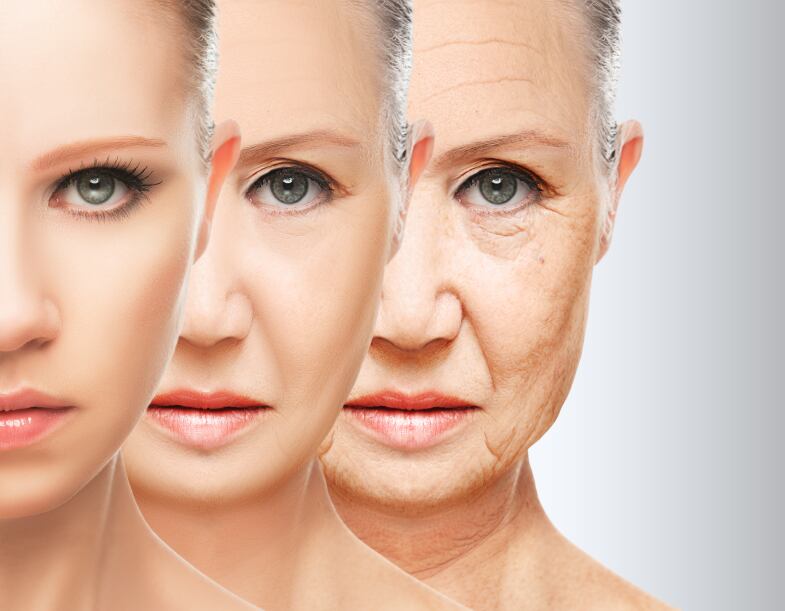Mice supplemented with the cacao powders were found to have 788 genes that were expressed differently than in following UVB-irradiation compared with UVB-irradiated mouse skin controls, according to data published in the Journal of Investigative Dermatology.
Among these genes were cathepsin G and serpin B6c, which are reported to play important roles in UVB-induced skin wrinkle formation
Anti-wrinkle effects were also observed via inhibition of MMP-1 expression. Over expression of matrix metalloproteinases (MMP) due to repeated exposure to UV light is known to decrease procollagen production and break down collagen fibers, which causes wrinkles.
“Our studies indicate that cacao powder supplementation contributes to a reduction in wrinkle formation and collagen degradation,” wrote researchers from Seoul National University, CHA University and Lotte R&D Center in Korea.
“Transcriptomic changes in response to UVB-irradiation in cacao powder -supplemented mice provide evidence for an anti-photoaging effect of cacao powder extract. Oral treatment of cacao powder significantly down-regulates cathepsin G while up-regulating serpin b6c, which itself is known to inactivate cathepsin G. Therefore, cacao powder supplementation may prevent breakdown of the dermal matrix.
“These results underline the potential for cacao powder extracts to be further developed as anti-photoaging agents.”
Study details

The Korean researchers used hairless mice randomly assigned to receive low or high doses of cacao powder (CP) provided by Barry Callebaut (39.1 mg/kg of CP or 156.3 mg/kg of CP, respectively); or Pycnogenol (to act as a positive control); or an inert control for eight weeks.
Tests were also performed using human dermal fibroblasts (HDFs) and Neoderm-ED, a human skin equivalent model.
Results showed that CP supplementation affected gene expression specifically for genes linked to wrinkling of the skin.
“When human beings take in CP orally, it is then metabolized in the body,” explained the researchers. “Namely, CP is changed into its metabolite and interacts with skin cells in form of metabolite. Various metabolites occur at digestion and absorption by CP consumption.
“According to the previous study, DHPV [5-(3′,4′-19 dihydroxyphenyl)-gamma-valerolactone] is mainly produced in plasma and appears the biggest variation after regular consumption of CP compared with before consumption of CP. Epicatechin and procyanidins which are major constituent in CP are metabolized into DHPV.
We, then, hypothesized that the anti-wrinkle effect of CP may be derived from DHPV. As a result, DHPV suppressed UVB-induced MMP-1 protein expression and gene transcription by inhibiting AP-1 activity as the same as the effect of CP on those in HDF. DHPV, therefore, was considered to be active compound based on these results. Further studies should validate the various metabolites of CP of their effects on skin structure and developments.”
Source: Journal of Investigative Dermatology
Published online ahead of print, doi: 10.1016/j.jid.2015.11.032
“Oral supplementation with cocoa extract reduces UVB-induced wrinkles in hairless mouse skin”
Authors: J-E. Kim et al.
